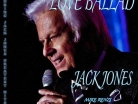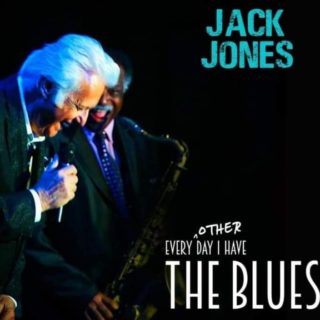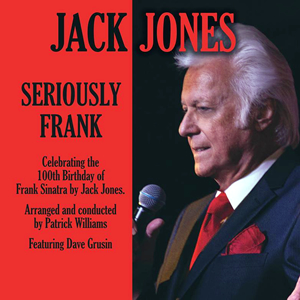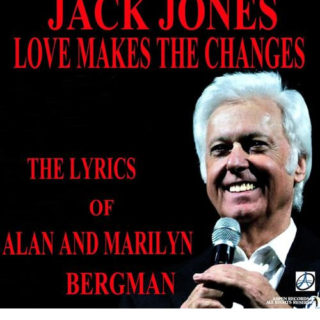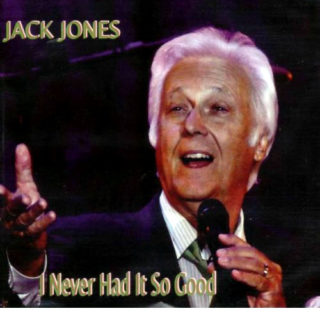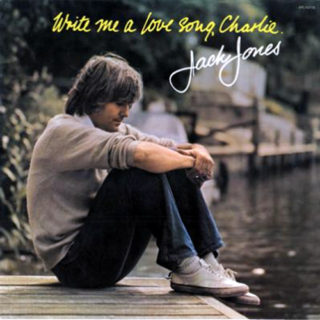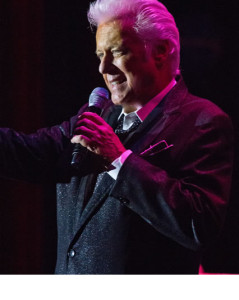
About halfway through his show, while performing David Gates’s “If,”Jack Jones sings: “If a man could be two places at one time, I’d be with you.” And indeed, Mr. Jones is doing two apparently contradictory things at once: He’s got to be the most conversational jazz-pop singer in the pantheon, delivering every word of every line in a direct, one-on-one dialogue with everybody in the Oak Room. At the same time, he’s the most thoroughly musical and constantly creative, having learned the lessons of Billie Holiday and Frank Sinatra? that playing with the tune can be a way of personalizing it, making the lyrics resonate all the more meaningfully. Beyond that, Mr. Jones is the most well-endowed vocally and theatrically; nearly every ending is a big one, allowing him to show off his Olympian chops. Somehow, he achieves the near-impossible feat of being breathlessly intimate even while belting at the top of his lungs.
To miss Mr. Jones would be to miss one of the great veteran interpreters of the standard songbook (in a class with Tony Bennett and Freddy Cole). Miraculously, he keeps his balance through the entire show, managing to be up close and personal yet at the same time hitting stratospheric high notes that only dogs can hear and holding them until the cows come home. The dichotomy was represented by his two opening theme songs, the warm, intimate “Isn’t That What Friends Are For?” and the bombastic, anthemic “I Am a Singer.” It’s not like he’s one thing and then the other; he’s constantly both at the same time, particularly on emblematic 1960s hits like “People” and “God Only Knows,” which he brings to life more vividly than anyone I’ve ever heard.
Mr. Jones climaxed the opening show at the Algonquin with a new treatment of his 1965 bestseller “The Impossible Dream.” The brilliant accompanist Mike Renzi starts with Bill Evans’s “Piece Peace” (itself based on Leonard Bernstein’s “Some Other Time”) and leads into a rethinking of the Broadway showstopper, now self-effacing rather than self-aggrandizing. Traditionally belted by a baritone with total confidence, Mr. Jones now depicts a Don Quixote figure examining his tragedies rather than his triumphs.


